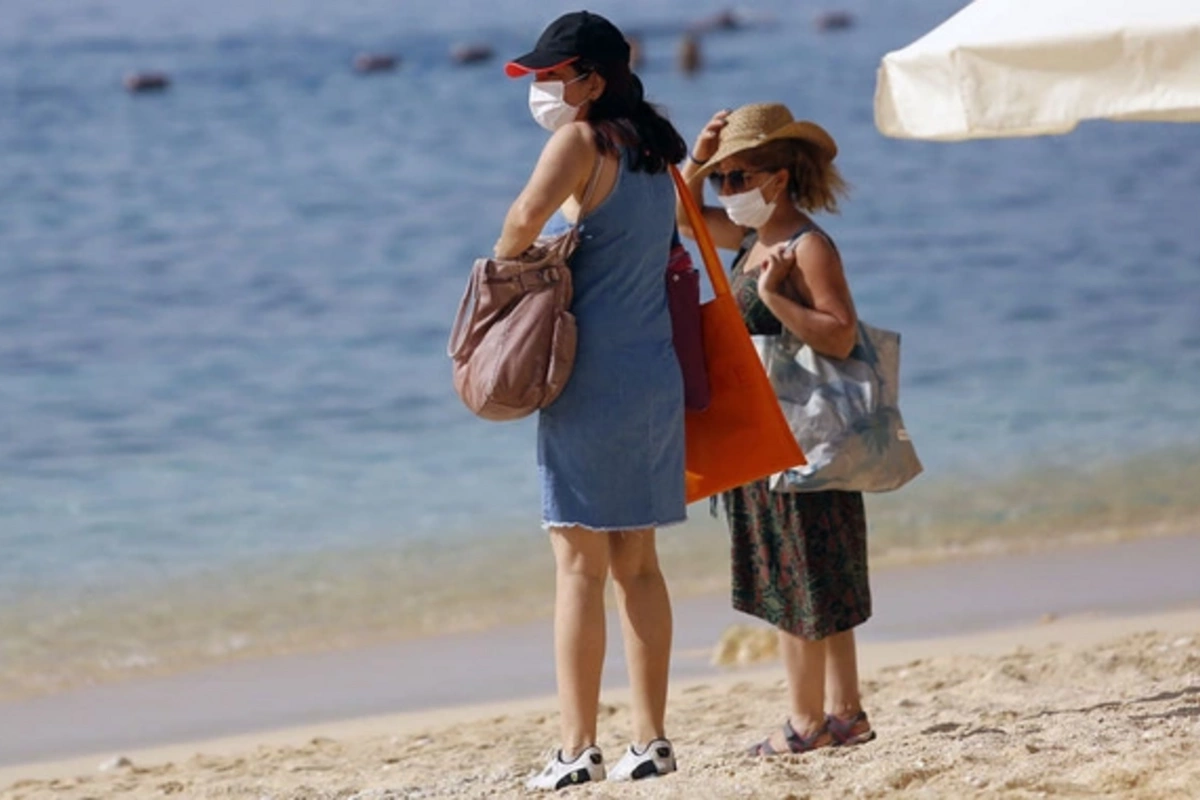21 Jul , 10:45
25

Dangerous Vibrio bacteria threatens vacationers at Turkish resorts: medical professionals sound the alarm
Turkish medical professionals have issued a serious warning to tourists about the possibility of infection with the dangerous Vibrio bacteria at popular resorts in the country. Specialists from the prestigious Florence Nightingale medical center in Istanbul reported a potential threat that could lead to severe diseases, including cholera. This is reported by the Milliyet newspaper.
Urologist Ugur Aferin said that DNA of dangerous bacteria Vibrio parahaemolyticus and Vibrio vulnificus have been found on the coasts of three seas - the Marmara, Aegean, and Mediterranean. These microorganisms actively reproduce in warm salt water. Of particular concern is the Vibrio cholerae bacterium, which can enter the body through contaminated seawater and cause cholera, accompanied by severe diarrhea and dehydration. Despite the rarity of cholera cases in Turkey, the risk of infection remains.
The specialist emphasized that the greatest danger is the contact of seawater with open wounds. Some strains, especially Vibrio vulnificus, can cause serious skin infections, including necrotizing fasciitis - a disease known as "flesh-eating bacteria." Another type - Vibrio parahaemolyticus - is often found in seafood, especially in raw oysters, and can cause abdominal pain, vomiting, diarrhea, and fever. In people with weakened immune systems, the infection can progress to sepsis.
Doctors also noted an increase in urological diseases during the summer period, predominantly among women, which is associated with prolonged wearing of wet swimsuits. Experts also warn about the dangers lurking in public swimming pools, where one can contract rotavirus, hepatitis A, and other infections.
Medical professionals strongly recommend that children with symptoms of diarrhea, vomiting, or those with open wounds refrain from swimming. Pediatrician Hussein Yildiz additionally advises against allowing infants under four months to swim in the sea, and under six months in pools, as there is an increased risk of dehydration at this age due to insufficient control of the head and neck.